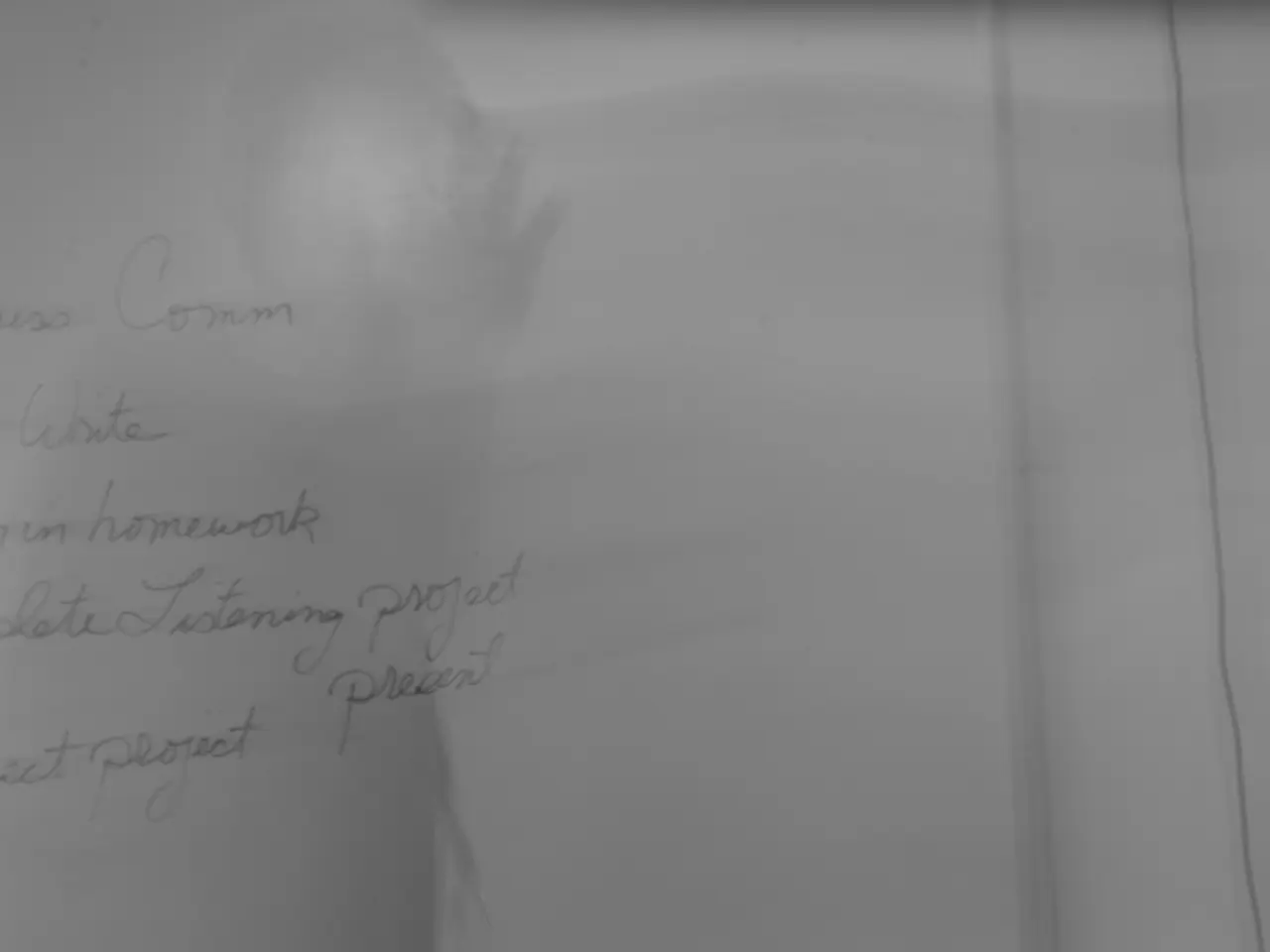Leaders of the G-7 nations have reached consensus on a strategy to safeguard crucial mineral resources, according to a leaked draft document.
Taking a Stand Against China's Grip on Critical Minerals
In the picturesque Canadian town of KANANASKIS, the leaders of the G7 countries have drafted a strategy to tackle the critical mineral supply issue and give their economies a much-needed boost. This strategy is aimed squarely at confronting China's ever-growing dominance in this sector and its occasional export restrictions.
The draft, still awaiting approval from Donald Trump, suggests that mineral markets should reflect the true costs of ethically-sourced and ecofriendly extraction, processing, and trade of critical minerals.
Just a few months back, China threw a global wrench into manufacturing industries by suspending exports of a vast array of critical minerals and magnets. This disruption affected automakers, computer chip manufacturers, and military contractors across the globe.
Last week, Trump declared that Chinese President Xi Jinping had committed to sending rare earth minerals and magnets our way. But make no mistake, Beijing has the power to create trouble whenever they find it convenient, with rare earths and other critical minerals acting as a handy weapon in their arsenal.
According to the draft, "non-market policies and practices in the critical minerals sector jeopardize our ability to secure supplies of many critical minerals." Acknowledging the threat to their economies and supply chains, the G7 nations have vowed to join forces, and even work with partners beyond the G7, to swiftly safeguard their economic and national security.
This effort includes anticipating potential shortages of critical minerals, coordinating responses to deliberate market disruptions, and increasing mining, processing, manufacturing, and recycling activities in various countries.
The G7's strategy is a reaction to China's grip on critical minerals like rare earths, lithium, and cobalt, which play vital roles in technologies ranging from electronics to renewable energy systems.
The strategy prioritizes the use of market forces over state subsidies to ensure a secure supply chain. It also calls for predicting and preparing for potential shortages to prevent disruptions. Close collaboration and coordination among G7 nations is key to maintaining a resilient supply chain.
The ongoing trade tensions between the US and China continue to impact the mining sector. While China remains the primary supplier of these critical minerals, projections suggest they will ramp up their market share even more by 2030. This dominance poses serious challenges for the US and other G7 countries in acquiring stable supplies.
The US has yet to find a solid resolution to the rare earth elements export issue, particularly when it comes to elements with military applications. Meanwhile, the US continues to ban China's access to advanced AI chips due to their potential use in militaristic applications, complicating the already tumultuous trade relations between the two nations.
In conclusion, the G7 is determined to reduce dependence on China by diversifying supply chains and promoting sustainable extraction practices. Amidst the ongoing trade disputes and the intricate geopolitical landscape, the rare earth elements market remains a hotbed of contention.
Sources:
- Eurasia Group
- Reuters
- MIT Technology Review
- National Law Review
- The strategy, proposed by the G7 leaders, aims to challenge China's stronghold in the critical minerals sector, which includes minerals like rare earths, lithium, and cobalt, crucial for various industries such as finance, energy, and general news.
- Recognizing that non-market policies in the critical minerals sector pose a threat to their economies and supply chains, the G7 nations are planning to collaborate with partners beyond the G7, with a focus on ensuring a secure and sustainable supply chain through the use of market forces.
- The ongoing trade disputes between the US and China, particularly over critical minerals with applications in finance, politics, war-and-conflicts, business, and energy sectors, have created a contentious environment in the rare earth elements market.








